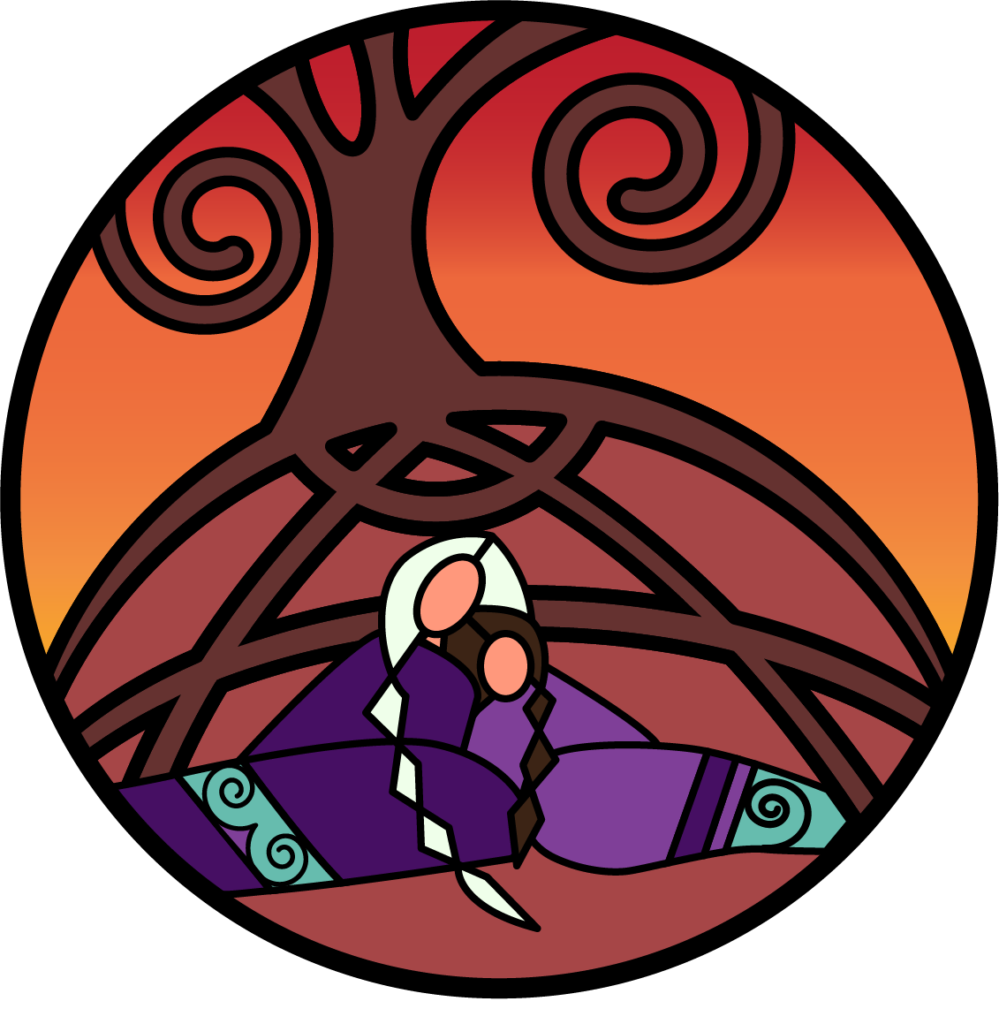About Us
An Indigenous Women’s Support Centre
Gignoo Transition House Inc. has been empowering and protecting Indigenous women and children in New Brunswick since 1993. Gignoo means “our home” in the Mi’kmaq and Wolastoqey languages. Gignoo Transition House Inc. is the sole, non-profit Indigenous women’s shelter in the province of New Brunswick serving Mi’kmaq, Wolastoqiyik, Passamaquoddy and other Indigenous women and children. At Gignoo, vulnerable and at-risk families are supported every day to help end the trauma in our communities. Guided by Indigenous knowledge, programs and services are offered 24 hours a day, 7 days a week.
The board of directors of Gignoo Transition House Inc. consists of Indigenous women from First Nation communities in New Brunswick off-reserve and allies who can contribute to Gignoo’s mission and operations. Gignoo also has an Elder who guides and supports the Board of Directors, as well as the staff.
Gignoo’s staff consist of an Executive Director, Outreach Worker, Child and Youth Coordinator, Lead Crisis Counsellor, Senior Crisis Counsellor/ housing support and many Crisis Interveners who work in shifts to ensure accessibility to Indigenous women 24 hours a day.

Gignoo House Logo by Samaqani Cocahq (Natalie Sappier)
We enter the womb of Mother Earth and we feel safe, we cleanse and we build strength as the land and the sky blankets us with protection. The ancestors whisper “Our Women sit in the centre of our baskets. Our Women are the carriers of creation.” We braided our hair weaved with Medicine and wrap ourselves in roots of Grandmother teachings.
My sister, you are home.
Our Values
As an organization, Gignoo believes in:
- Our Indigenous worldviews, cultures and languages: We enable our women and their families to practice our traditions and languages in a supportive, respectful environment.
- Traditional wisdom/knowledge: We value the knowledge of all the sacred teachings of our elders – love, respect, courage, honesty, wisdom, humility and truth.
- Accountability and transparency: We practice strong, ethical leadership and demonstrate professional and financial accountability and transparency.
- Client-centred approaches: We value the relationships we build with the women and families who we serve. We treat them with respect, kindness, compassion and we safeguard their privacy.
Our Vision
Every Indigenous woman who experiences family violence will have easy access to a safe, culturally supportive place where she and her children will feel nurtured, supported and can participate in programs to help them establish a life free of abuse, learn and gain an understanding of, and sense of pride in their cultural language
Our Mission
To honour and support Indigenous women and their children in their healing from intra-familial abuse. We do this by providing safe accommodations, the opportunity for them to learn about and be proud of their cultural heritage and programming to support their journey towards wellness.
Background and Gignoo’s History
Since time immemorial Indigenous women have been at the forefront of nation building and looked upon as sacred life-givers. They were honoured and regarded with the highest degree of respect for their traditional knowledge and ways of knowing. Colonization and historical government policies impacted many aspects of Indigenous society. These included:
- Dispossession of land, which is centrally tied to diminishment of Indigenous identity, language and the Indigenous worldview of being part of the Sacred Web of Life;
- Patriarchal policies which diminished the power of women in society dynamics, affecting the role of Indigenous women in their families and communities and the balance between the genders;
- Residential Schools which has led to historical trauma and subsequent impacts such as the 60’s Scoop and the high proportion of Indigenous children in the child welfare system;
- Laws to ban cultural ceremonies and traditions which harmed the transmission of traditional knowledge and values across the generations that sustained social cohesion and wellness among Indigenous people and intensified the loss of cultural appropriate approaches to mourning and healing.
As a result, Indigenous women and children face many challenges. Among these in the high rate of violence experienced by Indigenous women and children. In the 1990’s, domestic violence
was the most pervasive form of victimization experienced by Indigenous women. Statistics Canada (2001) found that 11% of Indigenous women reported being assaulted by a current spouse. Indigenous women were three times more likely than non-Indigenous women to have experienced assault by a spouse in the five0year period prior to the 1999 General Social Survey (GSS) (Chartrand and Mckay, 2006)
In response to the urgent need for services for Indigenous women and children who were victims of domestic abuse, the New Brunswick Native Indian Women’s Council (NBNIWC) initiated efforts to establish a transition house for Indigenous women and children in the province. Support was obtained from Chiefs of First Nation communities in the province and through the efforts of the organization, federal and provincial funding was secured to establish Gignoo in 1992. Initially, Gignoo operated under the auspices of NBNIWC, but incorporated as an independent organization in 1996. Since that time, Gignoo has offered a safe place for Indigenous women and children fleeing domestic abuse and has evolved to offer additional programming and services to meet the needs of these women.
